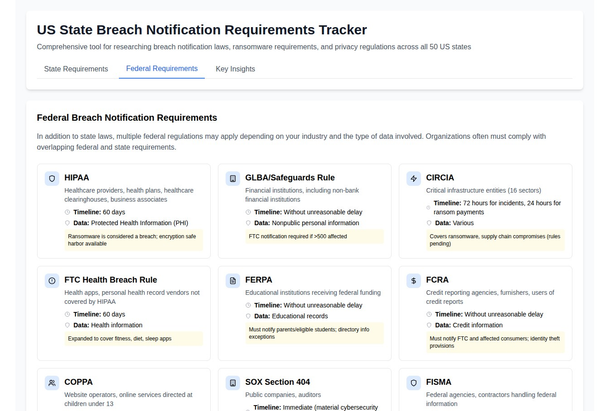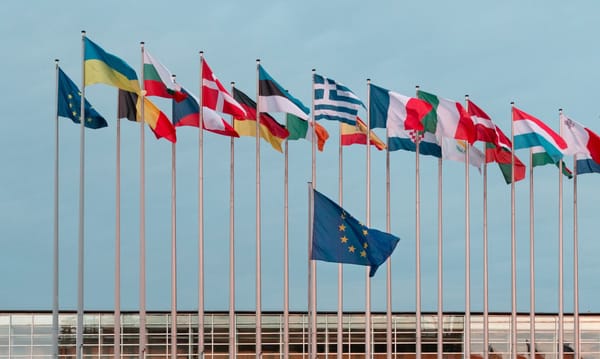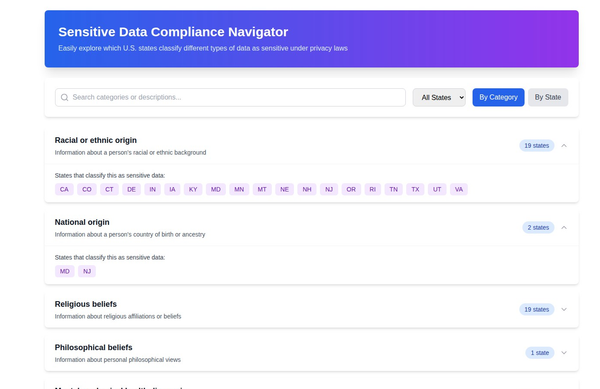Uber's Data Privacy Breach and Subsequent $325M Fine
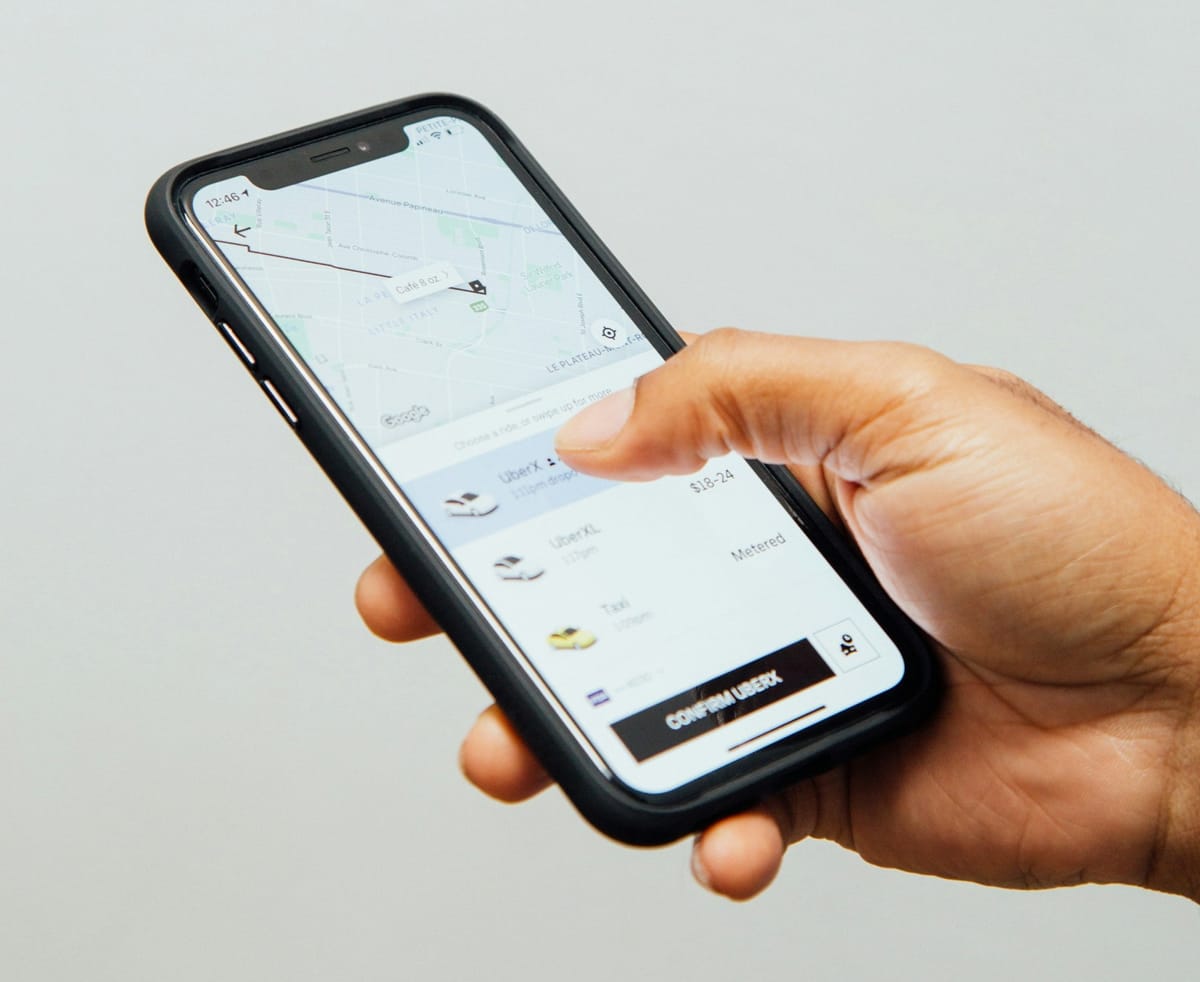
Uber Technologies Inc., a global ride-hailing giant, has faced significant scrutiny and legal challenges concerning data privacy violations. The Dutch Data Protection Authority (DPA) recently fined Uber $325 million for transferring European Union (EU) driver data to the United States without a proper data transfer mechanism. This action followed a complaint filed by French drivers, highlighting Uber's non-compliance with EU data protection regulations. The data breach, which occurred in 2016, exposed the personal information of millions of users, including names, email addresses, and phone numbers. The data breach affected approximately 57 million users and drivers worldwide, including 2.7 million in the UK.
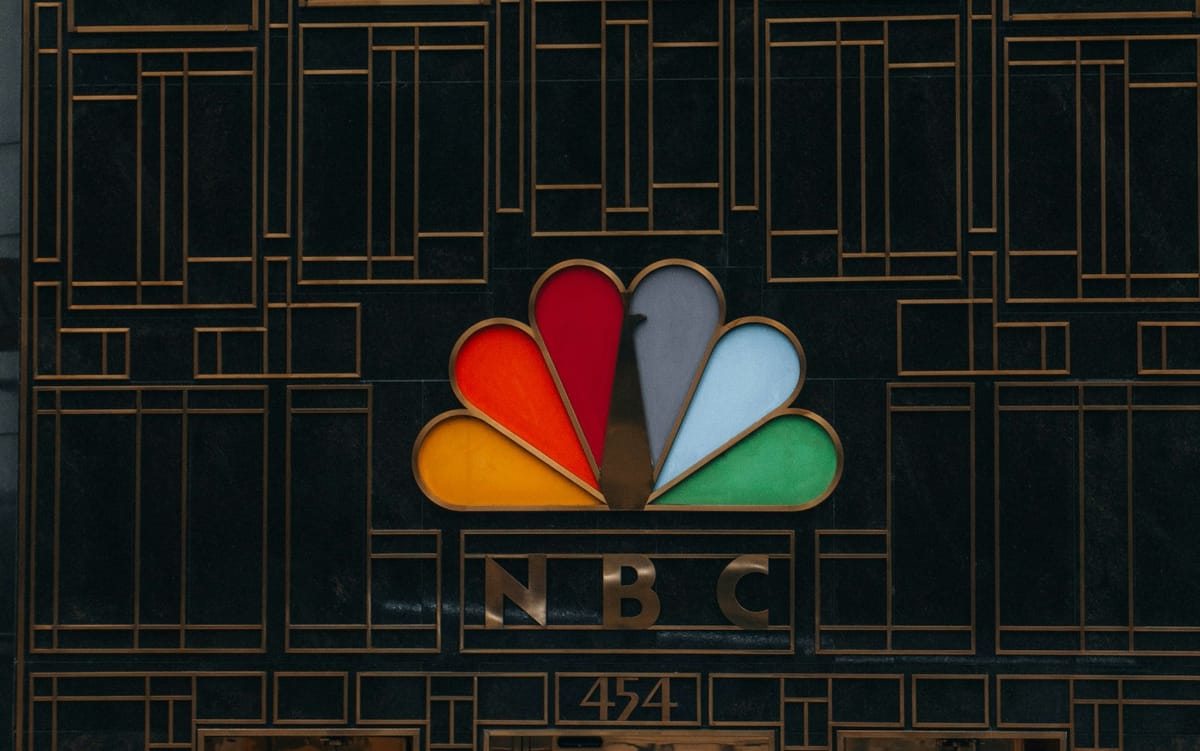
Background of the Fine
The fine is a result of Uber's failure to adhere to the General Data Protection Regulation (GDPR), which governs data protection and privacy in the EU. GDPR mandates that companies must have a legal basis for transferring personal data outside the EU, such as standard contractual clauses or binding corporate rules. Uber's transfer of data without these mechanisms constitutes a breach of GDPR.

Previous Fines Imposed on Uber by the Dutch DPA
This is not the first time Uber has faced penalties from the Dutch DPA. The authority has imposed fines on Uber on two previous occasions:
- 2018 Fine: Uber was fined €600,000 for failing to report a data breach in 2016 promptly. This breach affected the personal data of millions of users and drivers worldwide, including those in the Netherlands.
- 2023 Fine: Earlier this year, Uber was fined €10 million for similar data protection violations. This fine was also related to the company's inadequate handling of user data and failure to comply with GDPR requirements.
The total amount in fines imposed on Uber by the Dutch Data Protection Authority (DPA) is €335.6 million. This total includes:
- A fine of €600,000 imposed in 2018
- A fine of €10 million imposed in 2023
- A recent fine of €325 million
These fines collectively add up to €335.6 million.

Uber CISO
Joseph Sullivan, the former Chief Information Security Officer (CISO) of Uber, was convicted for his role in covering up a 2016 data breach. He was found guilty of obstructing a Federal Trade Commission (FTC) investigation and failing to report a felony. The breach involved the theft of personal information from 57 million Uber users and 600,000 drivers. Sullivan arranged for Uber to pay the hackers $100,000, disguising the payment as a bug bounty, and required them to sign nondisclosure agreements to keep the breach secret.
In May 2023, Sullivan was sentenced to three years of probation, 200 hours of community service, and a $50,000 fine. He avoided prison time, despite prosecutors recommending a 15-month sentence. The case is significant as it marks the first criminal conviction of a CISO for mishandling a data breach, setting a precedent in the cybersecurity industry.
The case has sparked discussions in the cybersecurity community about the responsibilities and potential legal risks faced by CISOs. It underscores the importance of transparency and compliance in handling data breaches and the potential consequences of failing to report such incidents to regulatory authorities.

Uber's Response and Legal Actions
Uber has objected to the latest fine, indicating its intention to challenge the decision. The company has argued that it has implemented robust data protection measures and that the data transfer was conducted in compliance with applicable laws. However, the Dutch DPA's decision underscores the importance of adhering strictly to GDPR guidelines, especially concerning cross-border data transfers.

Implications for Uber and the Tech Industry
The fine highlights the increasing enforcement of data protection laws in the EU and serves as a warning to other multinational companies about the importance of compliance. It underscores the necessity for companies to establish clear legal frameworks for data transfers and to be transparent about their data handling practices.
For Uber, this series of fines represents both a financial burden and a reputational challenge. The company must address these issues to restore trust among its users and comply with international data protection standards.
Conclusion
Uber's recent fine by the Dutch DPA is a significant development in the ongoing discourse on data privacy and protection. It emphasizes the critical need for companies operating in the EU to adhere to GDPR regulations and to ensure that personal data is handled responsibly and legally. As regulatory bodies continue to enforce these laws, companies must prioritize data protection to avoid similar penalties and maintain their reputations in the global market.




